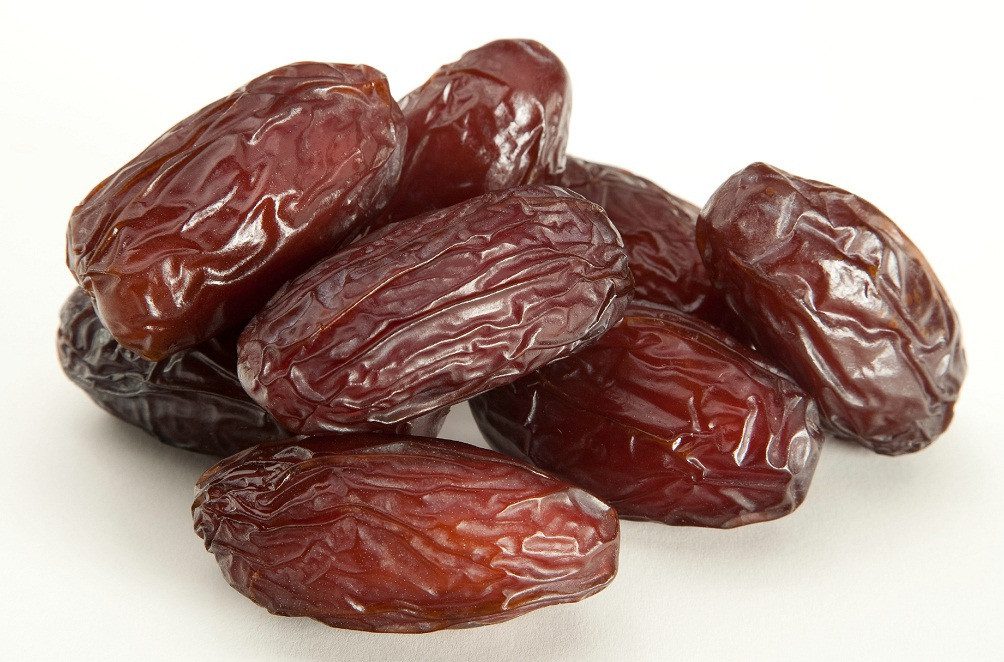
Dates, or tende, are not just tasty,they’re also packed with nutrients that may support reproductive health. In this exploration of this sweet and wholesome fruit, we’ll uncover how dates can play a role in promoting overall reproductive well-being.
Nutrient-Rich Profile
Dates, the delicious fruit from the date palm tree, are a powerhouse of essential nutrients. Rich in vitamins, minerals, and fiber, they offer incredible benefits for overall health, including supporting the complex systems involved in reproduction.
Rich in Antioxidants
Antioxidants are vital for shielding our cells from damage caused by oxidative stress, and dates are packed with these beneficial compounds. By neutralizing harmful free radicals, the antioxidants in dates help protect reproductive cells, supporting fertility and overall reproductive health.
Natural Energy Boost
For centuries, people have turned to dates for a quick and lasting energy boost. Packed with natural sugars like glucose, fructose, and sucrose, dates provide a wholesome way to recharge. This natural energy can help maintain vitality and endurance, both of which play a key role in supporting reproductive health
Rich in Iron
Iron deficiency can have profound effects on reproductive health, especially in women. Dates are an excellent source of iron, a mineral crucial for the production of hemoglobin and the prevention of anemia. Ensuring optimal iron levels supports healthy blood circulation, which is vital for reproductive organs and overall fertility.
Fiber for Digestive Health
The fiber content in dates contributes to digestive health, aiding in the regulation of hormones. A well-functioning digestive system is essential for the absorption of nutrients and the elimination of waste. Balanced hormones, in turn, are key players in reproductive health, influencing menstrual cycles and fertility.
Fueling Passion
Throughout history, certain foods have earned a reputation as natural aphrodisiacs, and dates are no exception. While scientific evidence is limited, dates’ rich nutrient profile, including amino acids, may contribute to enhanced vitality and mood, potentially influencing romantic and reproductive aspects of life.
A Nutrient Boost for Moms-to-Be
For expectant mothers, dates may hold additional benefits. Studies suggest that consuming dates in the weeks leading up to childbirth may have positive effects on labor outcomes. The fruit’s nutritional content, including potassium and folate, supports maternal health and fetal development.
The connection between dates and reproductive health highlights that these naturally sweet fruits are far more than a tasty snack. Packed with nutrients like antioxidants, iron, and fiber, dates work in harmony with the complex systems that support reproductive well-being. While more research is needed to fully understand their impact, adding dates to a balanced diet is a delicious way to potentially boost overall health. As always, it’s a good idea to consult a healthcare professional for personalized advice. Fun fact: pairing a date with a glass of milk is often considered a simple, wholesome way to enjoy a balanced meal


